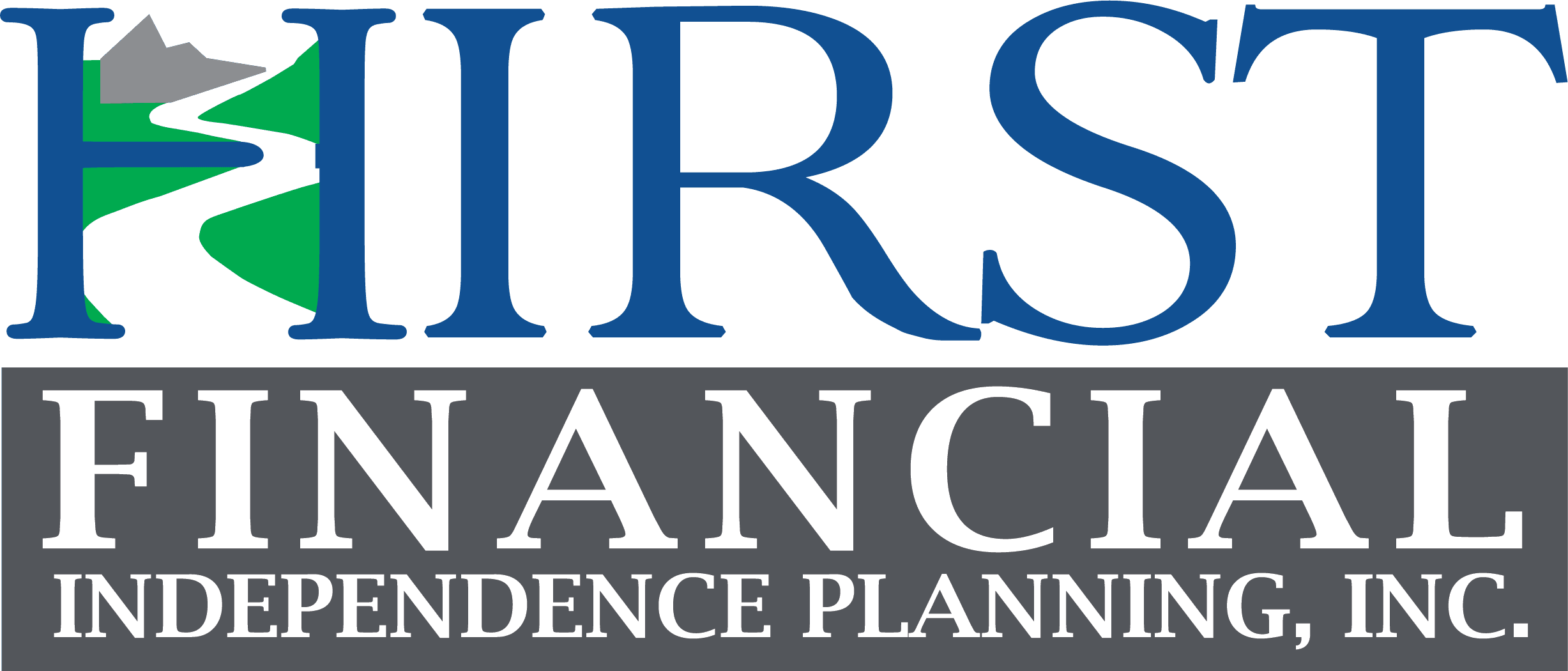Published by Beth Schanou, Director of Wealth and Estate Planning
A trust can be a necessary tool for an estate plan. But, you may ask, what is a trust? Put very simply, a trust is created with a formal legal document to manage assets for beneficiaries. The trust is created by a person called the Settlor or Grantor, and a Trustee is appointed to follow the rules of the trust for management of the trust and its assets for the beneficiaries’ benefit.
A trust is either revocable or irrevocable. A revocable trust is one that can be modified or terminated during the Grantor’s lifetime because the Grantor maintains control over the trust. Often, revocable trusts are referred to as revocable living trusts or living revocable trusts. Just what is a revocable living trust? Revocable living trusts are created during the Grantor’s lifetime for the Grantor’s benefit and passes trust assets to named beneficiaries upon the Grantor’s death. Most people serve as trustee of their own revocable trust and use such trusts as a way to transfer assets at death.
Irrevocable trusts, alternatively, are generally not capable of being modified or terminated without court approval. Because the Grantor gives up control of the trust assets, they are not included in the Grantor’s estate value for estate tax purposes. Another distinction is the necessity for an irrevocable trust to file its own tax return. An irrevocable living trust is created during the Grantor’s lifetime and often created to hold life insurance policies.
In order to create a trust, several decisions need to be made:
- Who are the Beneficiaries?
- Who will serve as Trustee?
- What is the trust’s purpose, and what rules will the trust contain?
The trust’s purpose will help determine whether the trust is revocable or irrevocable and whether it becomes effective during the Grantor’s lifetime. We advise working with an estate planning attorney to ensure the trust is properly drafted.
If you would like assistance in creating a trust, contract your advisor or a member of the Wealth Enhancement Group.

